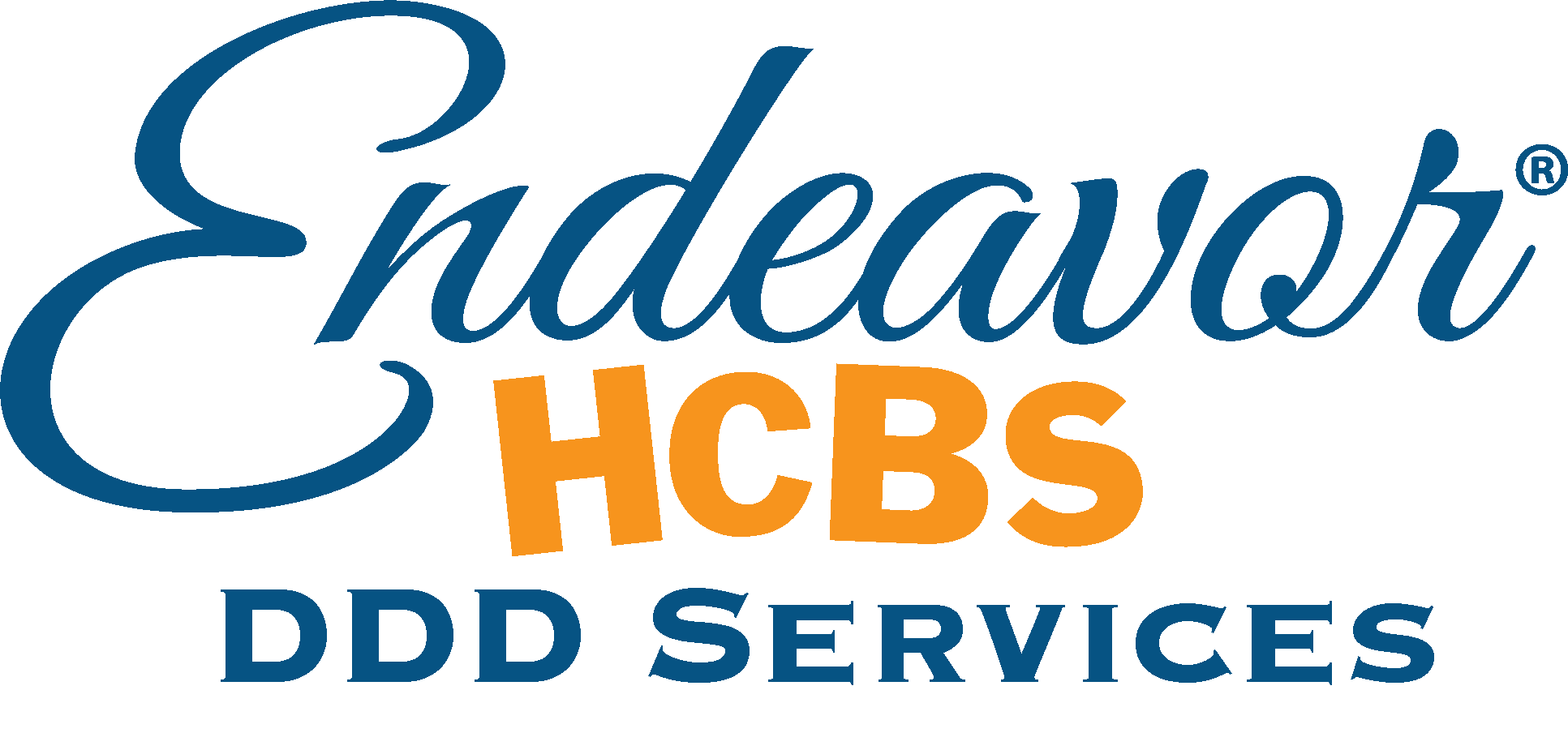[title size=”1″]Eliminate Confusion With Some Definitions[/title]
When dealing with social workers in regards to senior care services, you may find yourself trying to understand terms that you haven’t heard before. Understanding the different acronyms and abbreviations can help you make better choices and stay with the conversation. On top of that, the experts are likely to take you more seriously when you’re able to speak their “language”.
[title size=”2″]Common Senior Care Terms[/title]
AAA – Area Agencies on Aging – Nonprofit agencies who provide local seniors with convenience services to encourage older adults to remain at home.
AD – Advanced Directive – All the documentation regarding preferred care after death (i.e. Living Will).
ADL – Activities of Daily Living – ADLs refer to your typical, personal tasks and activities, such as eating or showering.
AHCD – Advanced Health Care Directive – Similar to the AD or living will and is used during medical complications which prevent a patient to speak for themselves.
CCRC – Continuing Care Retirement Community – Also known as a life-care community, CCRC is a retirement community which provides a variety of services from independent living to end-of-life hospice care.
DME – Durable Medical Equipment – Medical equipment used at home such as, wheelchairs, hospice beds, oxygen tanks, and more.
DNR – Do Not Resuscitate – An order from the doctor stating that no effort will be made to restart a patient’s heart or restart breathing if either were to stop. Based off the wishes stated in the living will, AD, or AHCD and is legally binding.
DPOA – Durable Power of Attorney – A legal document that allows another person or relative to decide financial decisions and is often times combined with an AHCD.
DSM – Diagnostic & Statistical Manual of Mental Disorders – A DSM refers to documentation that describes a diagnosis regarding a mental illness, depression or other mood disorder.
EHR or EMR – Electronic Health Record or Electronic Medical Record – EMRs are patient’s medical records which are shared within a healthcare organization. EHRs are patient medical records which are shared amongst multiple healthcare agencies.
GCM – Geriatric Care Manager – A GCM is essentially a consultant for future living arrangements and housing options.
HIPAA – Health Insurance Portability & Accountability Act – HIPAA is a release form which allows another person or family member to receive medical information regarding a patient.
IADL – Instrumental Activities of Daily Living – Interchangeable with ADL but more specifically refers to more complicated daily tasks such as meal preparation or managing finances.
LTC – Long-term Care – Extended health care living arrangements such as assisted living or on-going in home care for seniors.
MMSE – Mini-Mental Status Exam – An exam used to diagnose dementia.
NEMT – Nonemergency Medical Transportation – Means of transportation to or from a medical facility for appointments which not emergencies and do not require an ambulance (Wheelchair van, medi-car, taxi, ect…).
OT – Occupational Therapy/Therapist – Occupational Therapy is learning or relearning skills needed for independent living.
PERS – Personal Emergency Response System – A device used to send a signal to emergency response personnel.
POLST – Physician Orders for Life-Sustaining Treatment – Allows a patient to state their preference in regard to the use of life-extending actions such as CPR, feeding tubes, ventilators and others. It’s similar to an AD or AHCD but much more comprehensive.
PRN – Pro Re Nata – Meaning “according to circumstances”, PRN is used to describe treatment that is recommended on an as-needed basis.
PT – Physical Therapy/Therapist – Treatment involving physical exercise, stretching, and massage therapy in order to regain movement that was lost in result of an injury or illness.
RCF – Residential Care Facility – 24-hour supervised living arrangements which may or may not include full medical services.
ROM – Range of Motion – ROM refers to the full amount of potential movement in a joint.
SNF – Skilled Nursing Facility – The highest level of care available after hospitalization, a SNF is a facility that provides 24 hour nursing care.


